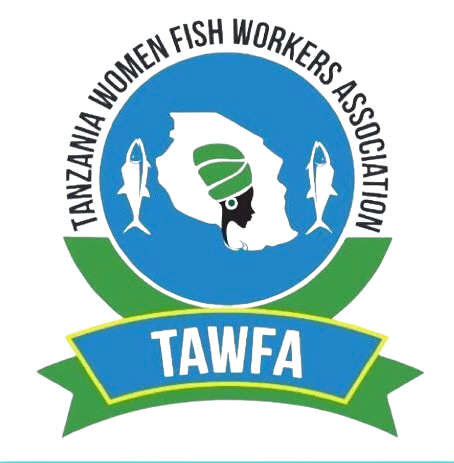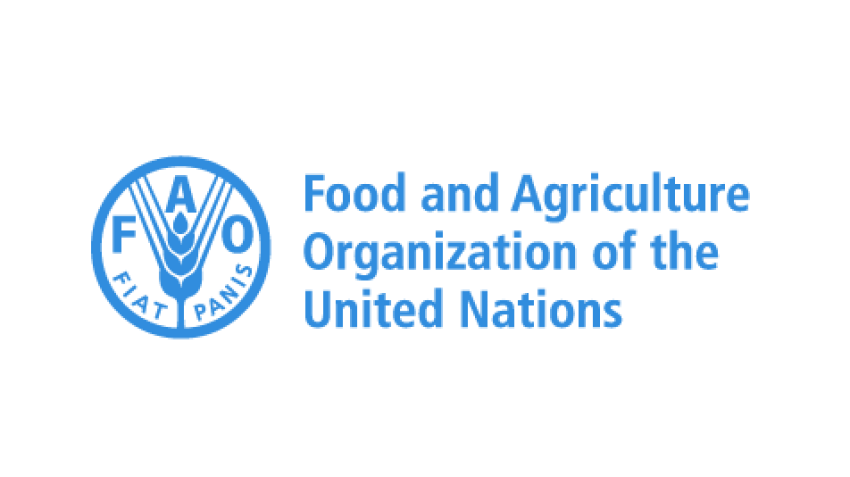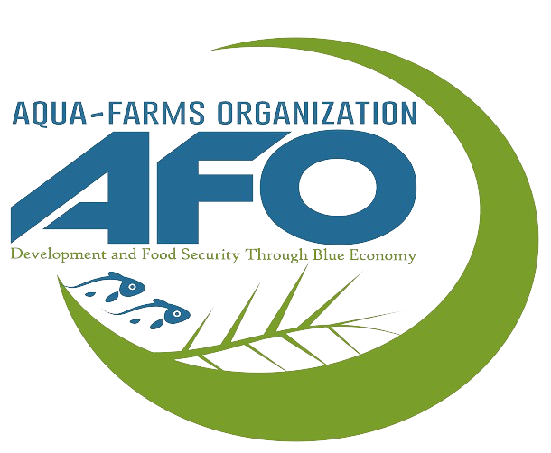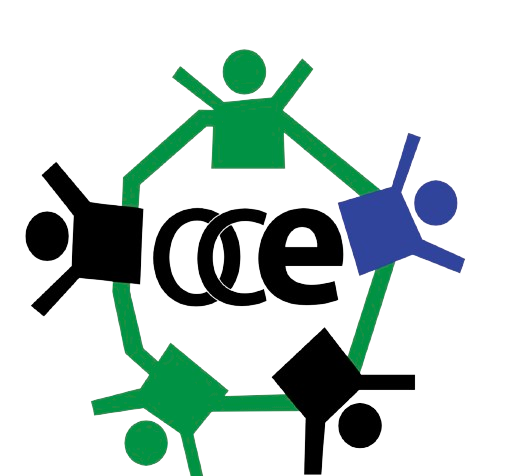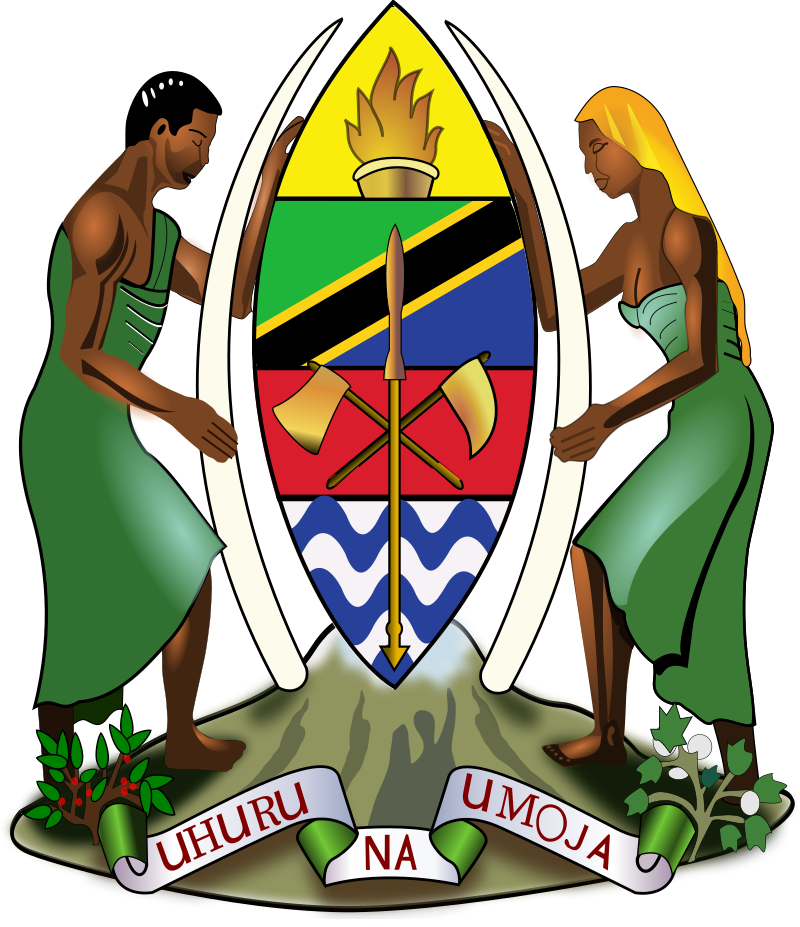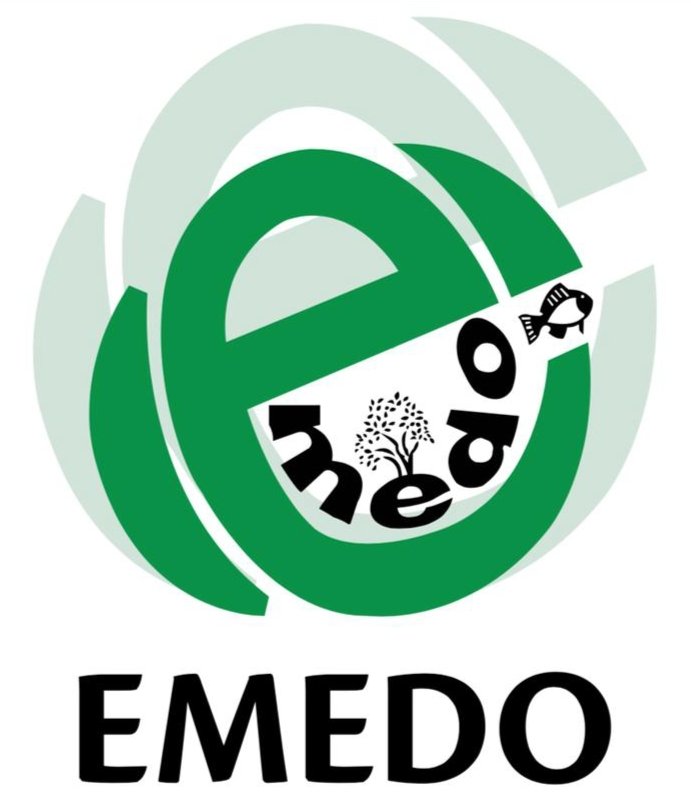Address
P.O.BOX 2964,
Block A, Sweya
Mwanza, Tanzania
info@emedo.or.tz
Work Hours
Monday to Friday: 8AM - 5PM
Our story
Empowering communities, amplifying voices, and advocating for equitable natural resource governance globally.
Environmental Management and Economic Development Organization (EMEDO) is a not for profit organization that focuses on enhancing capacities of communities to get organized, having their voices heard, rights recognized and respected and to influence local, national and international policies that affect their rights of access, use and control of natural resources for improved livelihoods. EMEDO works towards ensuring that, the environment and Natural resources are governed in a just manner that benefits both people and biodiversity. The organization facilitates processes that analyze how power and responsibilities over natural resources are exercised, how decisions are taken and local communities (men, women and youth) benefit from the management of natural resources; The organization was founded in year 2005 and acquired its official registration in November 2006, under the Non-Governmental Organizations Act of year 2002 with registration number OONGO/1771 to operate in the Mainland Tanzania. Its headquarters are in Mwanza City with its offices located at Block A Sweya, Silivini street, Luchelele Ward near St. Augustine University of Tanzania.
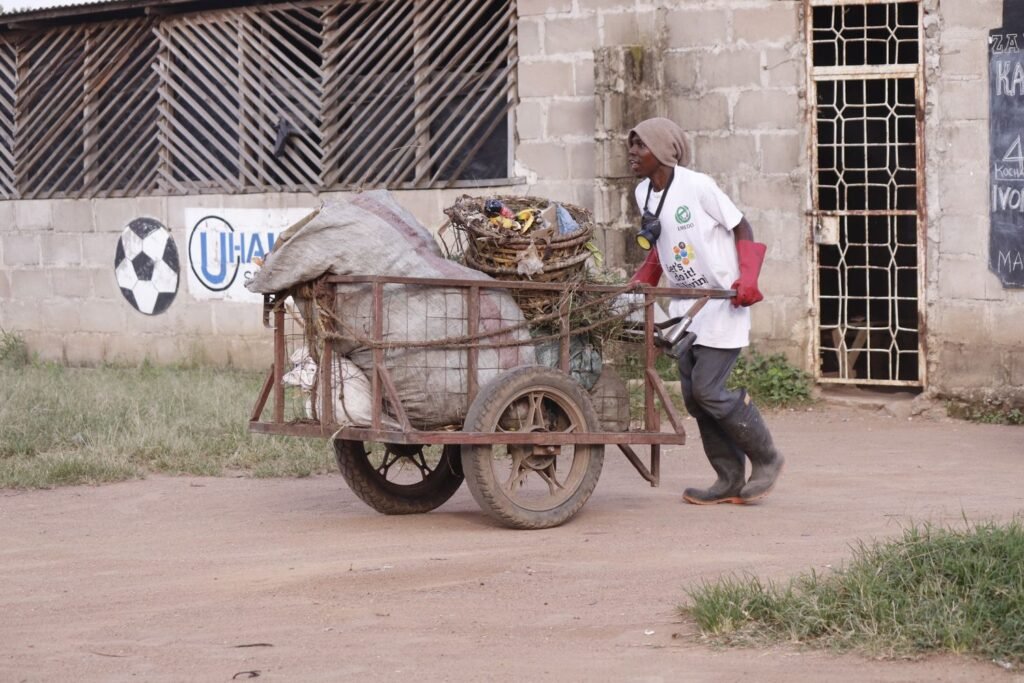
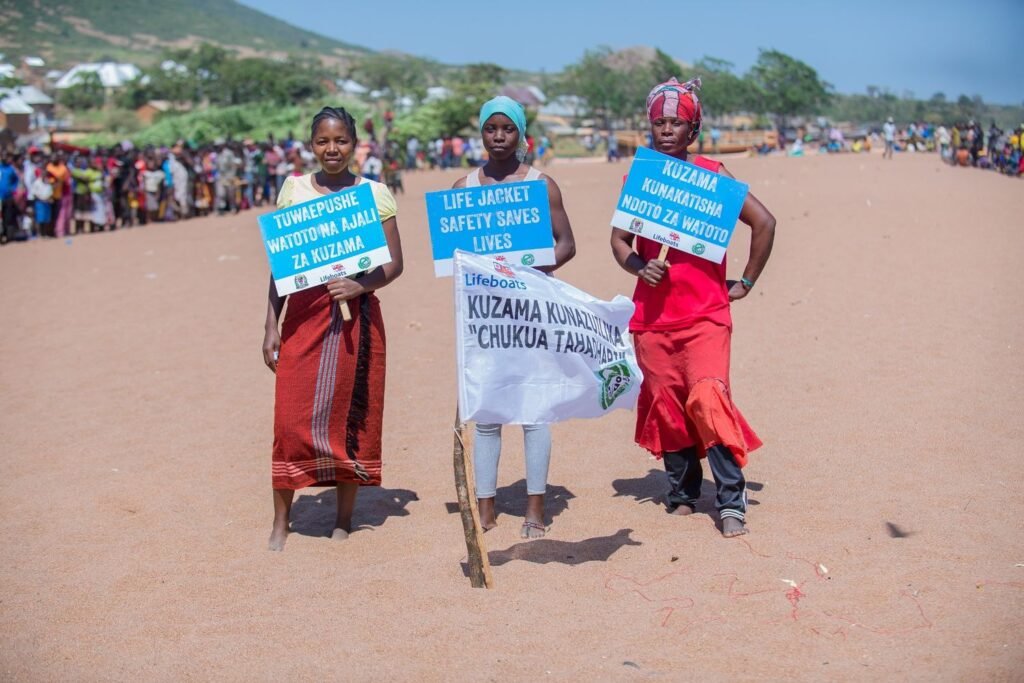
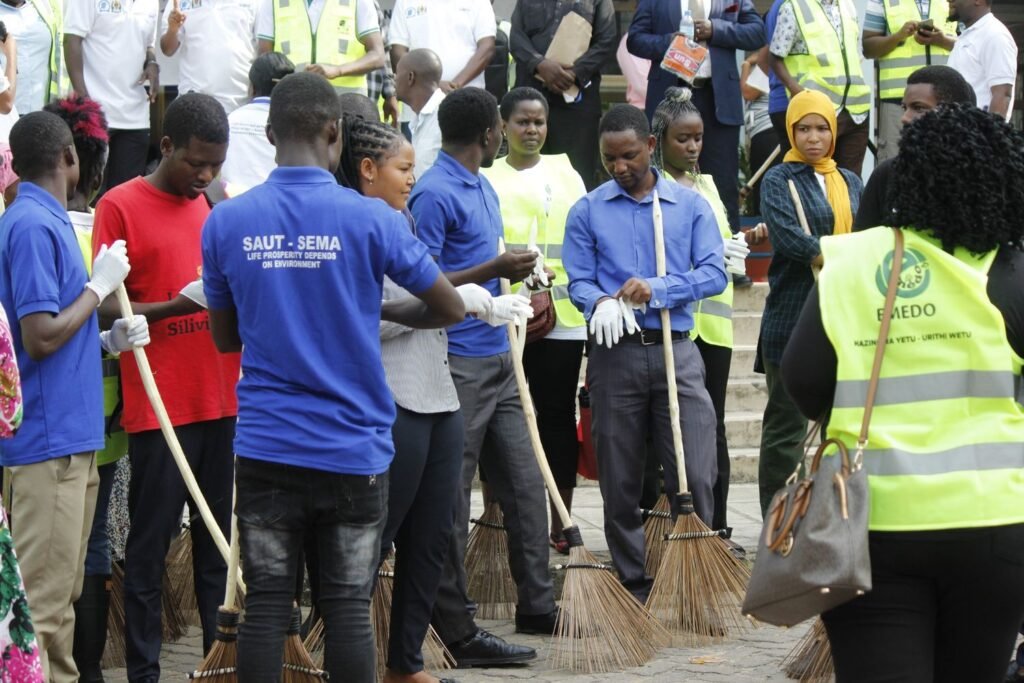
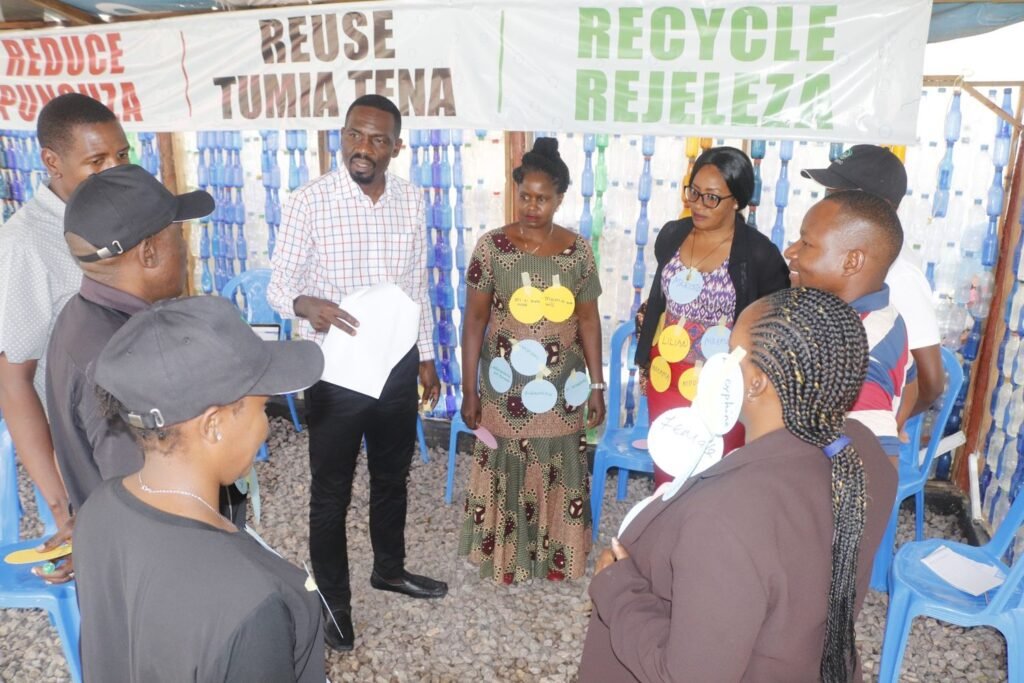


We believe in equal opportunities regardless of background, status or gender.
Encompassing open communication, accountability and fair information distribution.
We believe in inherent capacity of communities to advocate for their rights and influence policy decisions
Working closely with communities, government agencies, and other stakeholders to achieve shared goals
Enhancing capacity of fish workers to respond to such challenges and fight poverty.
To facilitate knowledge delivery, policy change advocacy and decision making.
Emphasizing environment friendly practices by associating with the community and the government.
EMEDO employs capacity empowerment as an approach to facilitate learning in the communities that it serves based on the recognition that knowledge must change to reflect the dynamic social context in which it works. The use of “Participatory Learning and Action (PLA) tool has become a pivotal process that provides space for sharing knowledge and creating awareness towards ownership and responsibility -taking by communities benefiting from EMEDO’s programs.
EMEDO’s primary target groups are women and youth. The women and youth trained as trainers in all EMEDO’s programs increasingly pass on the knowledge to aid adoption of new practices and technology, change of attitudes and behaviours not only among groups members but in the communities as well.
Through Public and target group meetings at village and ward levels; EMEDO facilitates reflection sessions, enabling communities to internalize and analyse their situations and challenges they face. In these sessions, discussions are guided by development questions such as:
The organization was established in order to reach out, listen and encourage a voice amongst rural communities. The organization has grown organically in direct response to lessons learnt along the way, grounded in the conviction that real and lasting change depend on commitment, ownership and self-reflection. This ethos that underlies the shape of EMEDO’s strategic vision and which has moulded its practice and approaches.
With dedicated, competent and hardworking team EMEDO is committed to strengthen communities’ capacities in fighting poverty. We do that through Training, Research, Policy Analysis, Lobbying and Advocacy, Awareness Creation, Information Sharing, Institutional Linkages, Resource mobilization, Partnership and Networking.
EMEDO envisages seeing communities with improved livelihoods living in sustainably managed environment.
The establishment of EMEDO has been informed by the environmental, social and economic challenges facing the country’s aquatic ecosystems including diminishing natural resources and poor livelihoods. The founders of the organization had a vast working experience with the rural communities of the Lake Victoria basin and hence our initial interventions have been in the region.
Lake Victoria is a shared transboundary resource of Kenya, Tanzania, and Uganda. Rwanda and Burundi are a part of the upper watershed that drains into Lake Victoria through the Kagera River. The Lake is part of the Nile River Basin system, which is shared by ten countries: Burundi, Democratic Republic of Congo, Egypt, Ethiopia, Eritrea, Kenya, Rwanda, Sudan, Tanzania, and Uganda. In addition to its environmental values, including biodiversity and the hydrological cycle, Lake Victoria supports a large fishing industry for export and local consumption, hydropower production, drinking and irrigation water, Lake transport, and tourism.
These benefits are threatened by environmental degradation manifested through reduced fish stocks, decline of biodiversity, prevalence of water hyacinth and other invasive weeds, increased sedimentation and nutrient loads, resulting eutrophication, increased wastes from industrial, municipal and mining activities, destruction of wetlands and loss of littoral habitat, and fluctuating water levels.
Efforts to regulate and manage the activities threatening the Lake have been insufficient and widespread poverty in the basin exacerbates environmental stress. Even in its current parlous state the Lake is a valuable asset supporting the livelihoods of millions of people both directly and indirectly. These challenges have resulted in decreased incomes, unemployment, food and nutritional insecurity in the fishing communities among others.
he need to enhance the capacities of the rural communities, fishers and fish workers to respond to such challenges and fight poverty through has been significant for the sustainable management and use of the available natural resources. EMEDO was hence established to contribute to the management efforts of the Lake and its resources before they suffer irreversible environmental damage.

Founder and Executive Director

Program Manager

Finance Manager

Finance Officer

Monitoring and Evaluation Officer

Advocacy Officer

Program Officer

Gender and Safeguarding Officer

Communication Officer

